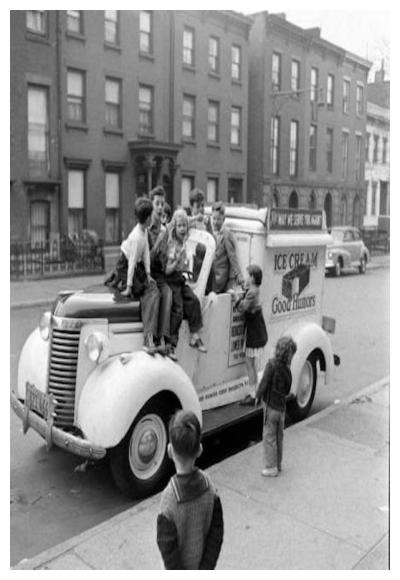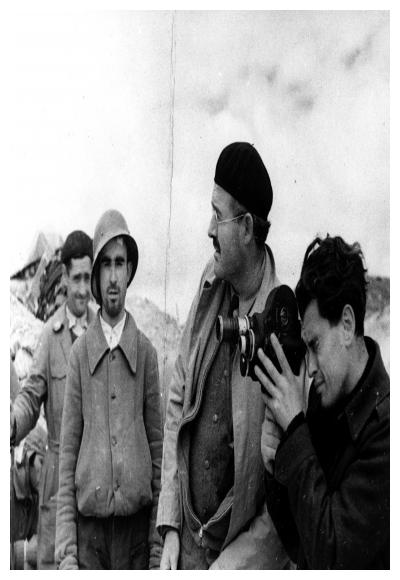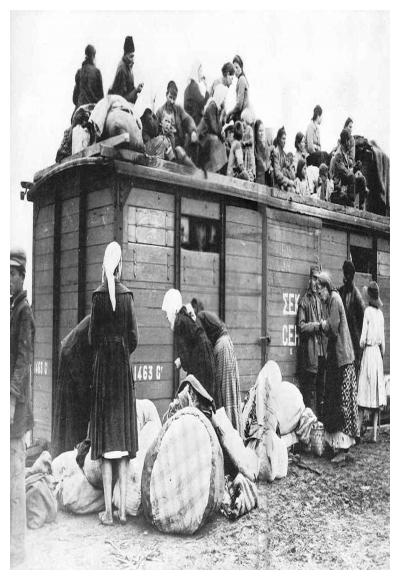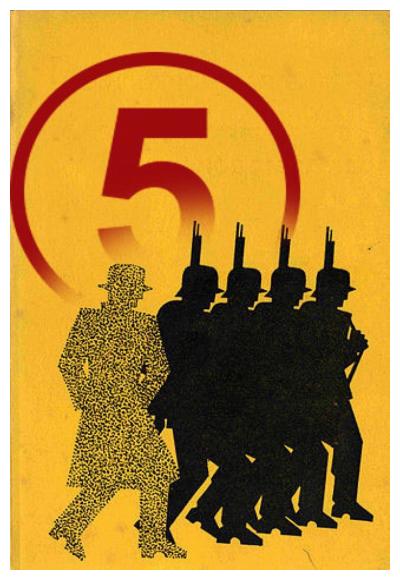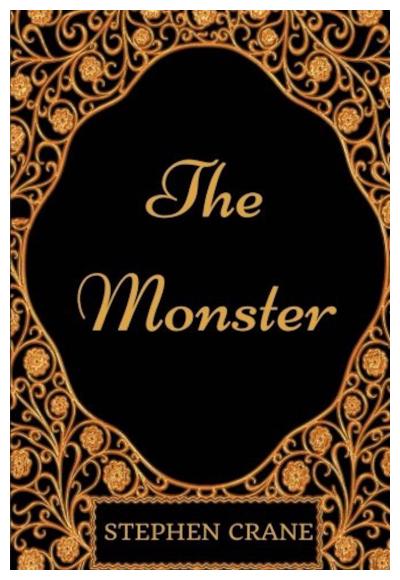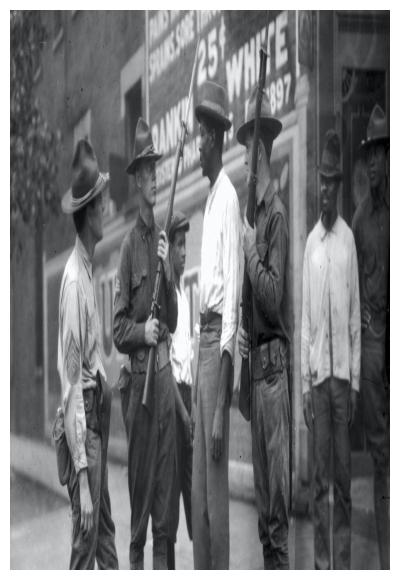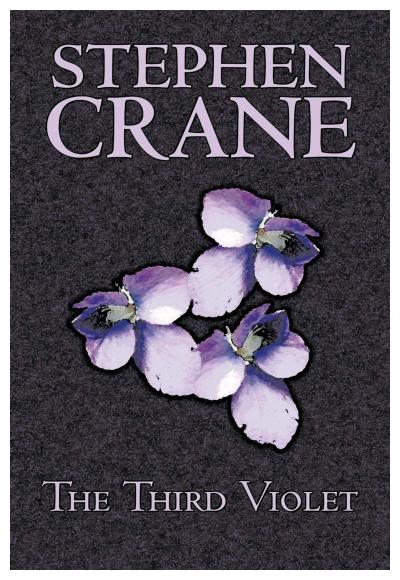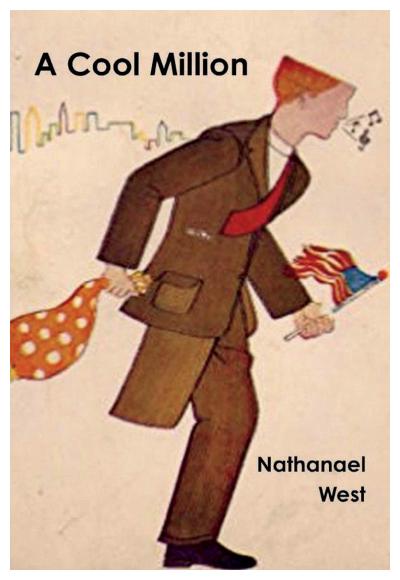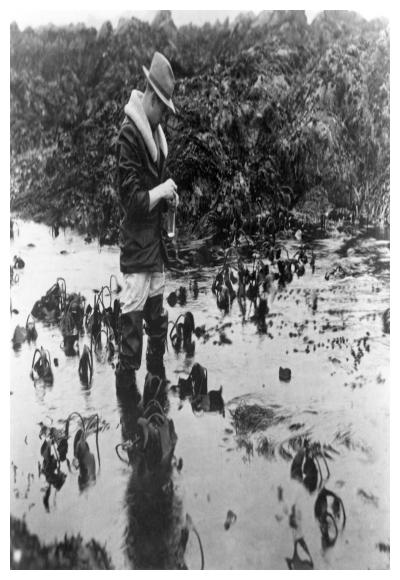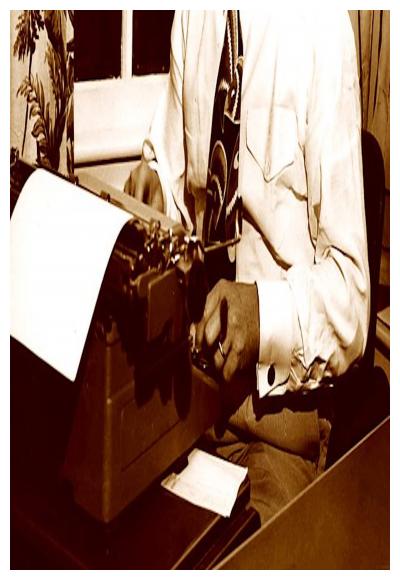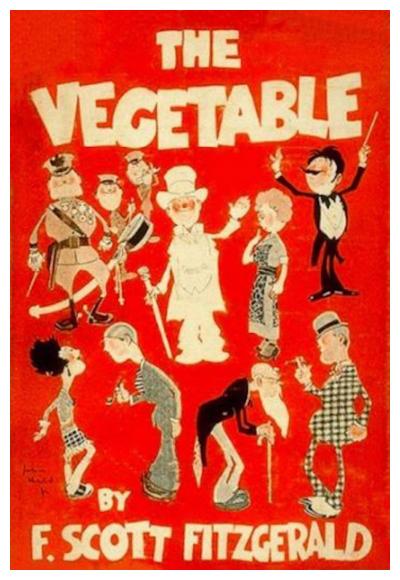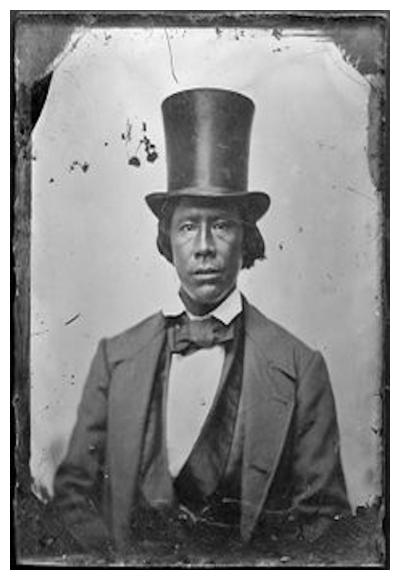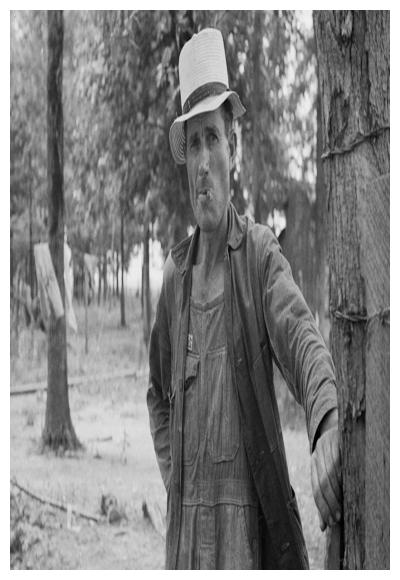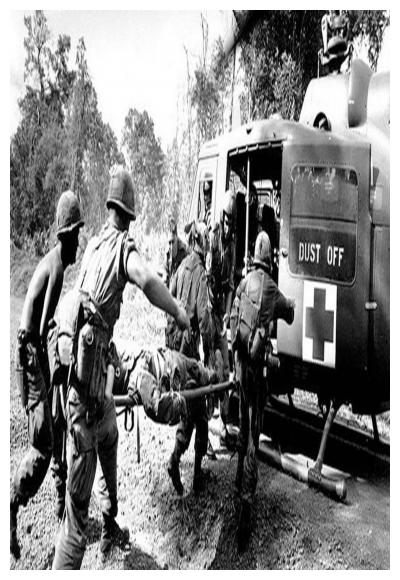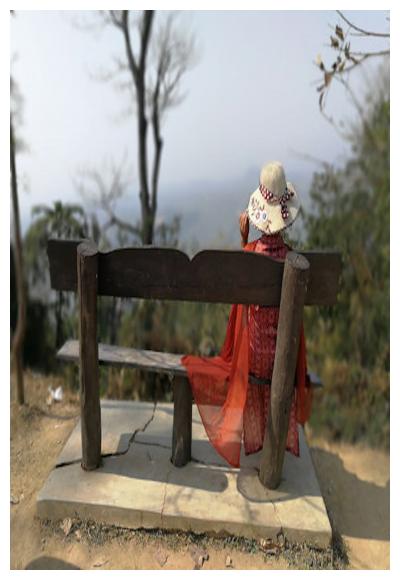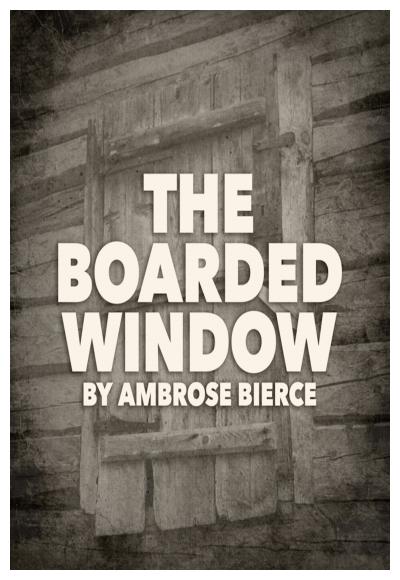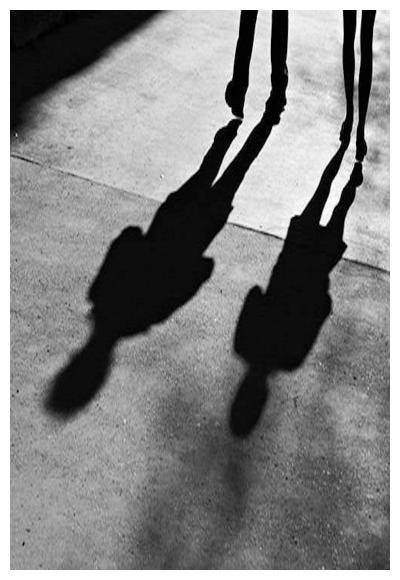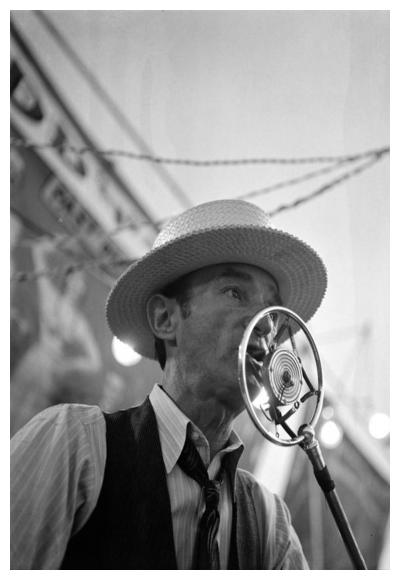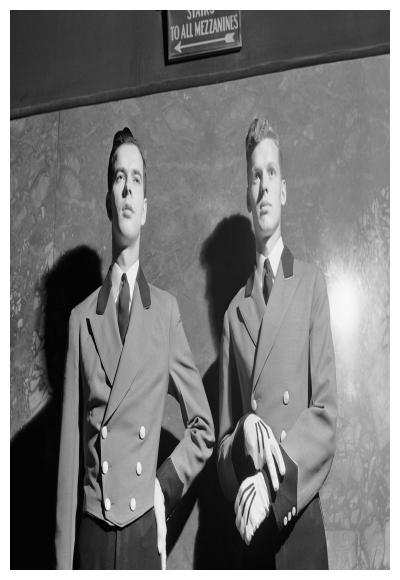
Synopsis/Details
This script depicts the relationship between young Jacqueline Brown and her maternal aunt, Willie Cooper, in Harlem during the Depression-ridden 1930s. After Willie dies in 1942, Jacqueline accompanies her aunt’s body during the train trip home—to the family’s ancestral South. "Willie" is thus a coming-of-age story, or journey, about the emotional as well as intellectual education of a black girl in trying times.
Though the dominant presence in her life is Willie, Jacqueline Brown is surrounded by characters of various kinds in, and around, the transient New York hotel where her family lives: numbers players, furtive lovers, chorus girls, and barflies. Apart from Jacqueline’s ne’er-do-well father, her absent mother, and a paternal train conductor, the chief source of interest here lies in the tiny, hunchbacked, wizened, and wise Willie Cooper, a woman of abiding empathy, selfless dignity, and commanding self-respect.
Story & Logistics
Story Type:
Hero's Journey
Story Situation:
Loss of loved ones
Story Conclusion:
Bitter-sweet
Linear Structure:
Linear
Moral Affections:
Duty, Virtue
Cast Size:
Several
Locations:
Several
Characters
Lead Role Ages:
Female Middle Aged, Female Teenager, Male Adult
Hero Type:
Ordinary
Villian Type:
Authority Figure
Stock Character Types:
Girl next door, Mammy archetype
Advanced
Adaption:
Based on True Events
Subgenre:
Childhood, Family, Period, Race Relations, Social-Class, Social Problem
Equality & Diversity:
Minority Protagonist
Life Topics:
Adolescence, Approaching Death, Childhood Adventure, Coming of Age, Puberty
Time Period:
Great Depression (1929 – World War II)
Country:
United States of America (USA)
Time of Year:
Autumn/Fall, Spring, Summer, Winter
Illness Topics:
Physical
Sport Topics:
Baseball
Relationship Topics:
Affinity, Emotions and feelings, Family, Kinship, Separation
Writer Style:
James Agee, Paddy Chayefsky

